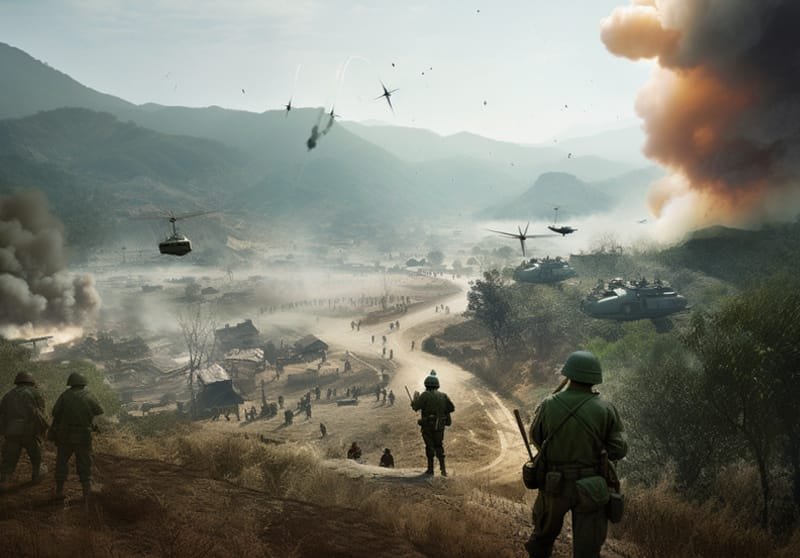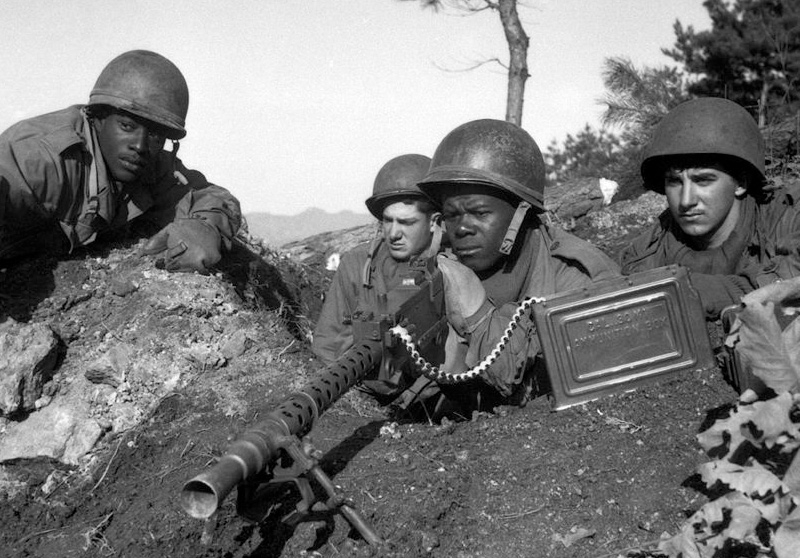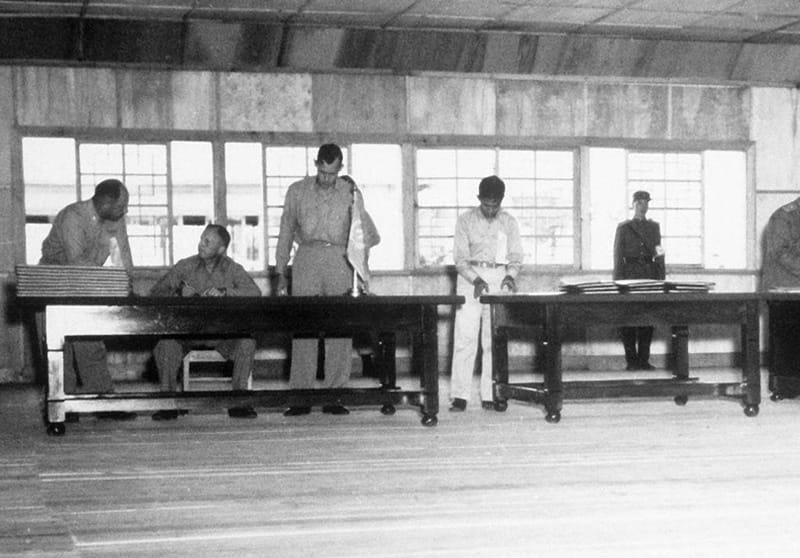The United States Army played a critical role in the Korean War (1950-1953). The Army was the largest branch of the United States military involved in the conflict and was responsible for the majority of ground operations against North Korean and Chinese forces. In this article, we will explore the role of the Army in the Korean War.
Initial Defense
Initial Defense: The Army’s role in the Korean War began with the defense of the Pusan Perimeter in 1950. The North Korean forces had advanced rapidly into South Korea, and the Army was tasked with stopping their advance. The Army’s ability to hold the line at Pusan was crucial in preventing the complete collapse of South Korea.
Offensive Operations
Offensive Operations: The Army was heavily involved in offensive operations during the Korean War. This involved attacking North Korean positions and pushing back against their forces. The Army’s success in offensive operations was essential in achieving the United Nations’ objectives in the war.
Defensive Operations
Defensive Operations: The Army also played a critical role in defensive operations during the Korean War. This involved holding strategic locations against North Korean and Chinese attacks. The Army’s ability to hold the line was essential in preventing the enemy from gaining ground and pushing back against United Nations forces.
Infantry Operations
Infantry Operations: The Army’s infantry units were the backbone of ground operations during the Korean War. The infantry was responsible for attacking enemy positions, securing strategic locations, and defending against enemy attacks. The Army’s ability to conduct effective infantry operations was essential in achieving success on the battlefield.
Integration with other forces
Integration with other forces: The Army was integrated with other United Nations forces during the Korean War. This involved working closely with the Marine Corps, Air Force, and Navy to achieve shared objectives. The Army’s ability to operate in a joint environment was crucial in achieving success on the battlefield.
Armored Operations
Armored Operations: The Army’s armored units were also essential in the Korean War. The tanks were used to break through enemy lines and provide cover for infantry units. The Army’s ability to conduct effective armored operations was crucial in achieving success on the battlefield.
Wrapping this article up, the United States Army played a critical role in the Korean War. The Army’s contributions in initial defense, offensive and defensive operations, infantry and armored operations, and integration with other forces were essential in the success of United Nations forces. The Army’s ability to operate effectively on the ground demonstrated its importance in modern warfare. The Army’s role in the Korean War is a testament to its importance in the United States’ military arsenal.
- The Battle of Midway: Turning the Tide in the Pacific - June 7, 2023
- The D-Day Operation of June 6, 1944 - June 6, 2023
- The B-29 that Changed History - June 4, 2023





